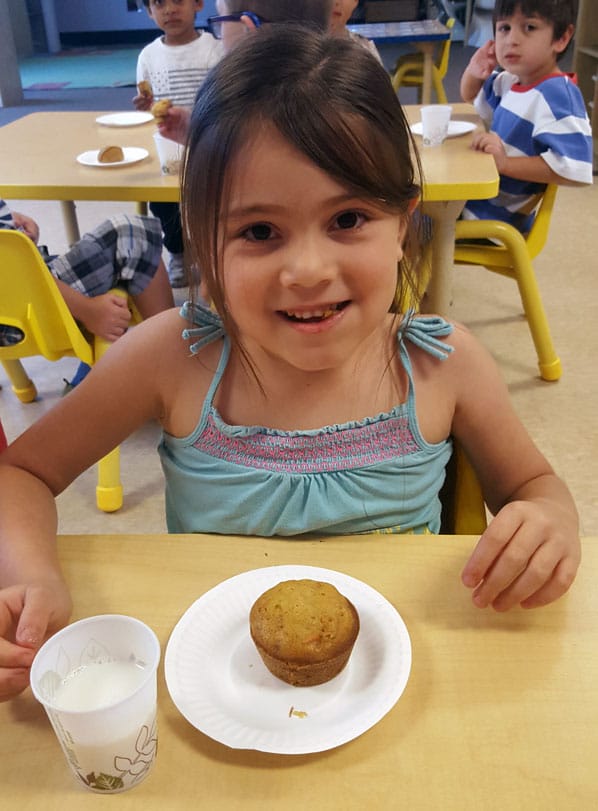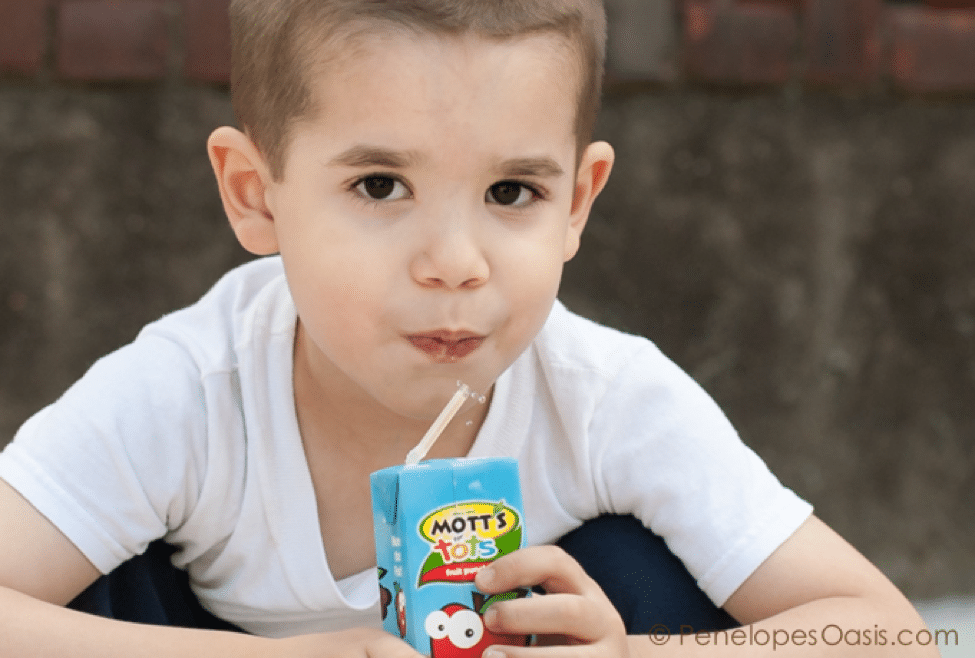We wouldn’t think twice about the decision to not give a baby a can of Coke. But a glass of juice can actually have more sugar.
The reality is, fruit juice is liquid candy, and we can no longer live in the denial that juice is healthy. The American Academy of Pediatricians has finally made a stand by coming out and saying that although juice consumption has some benefits, it also has potential detrimental effects.
For infants they are pretty clear:

“There is no nutritional indication to give fruit juice to infants younger than 6 months … Malnutrition and short stature in children have been associated with excessive consumption of juice.”American Academy of Pediatricians
And for toddlers to School age, they continue by saying: “Most issues relevant to juice intake for infants are also relevant for toddlers and young children.”American Academy of Pediatricians
They equate it to sodas and the associated energy imbalance, and go on to recommend: “Pediatricians should support policies that seek to reduce the consumption of fruit juice and promote the consumption of whole fruit by toddlers and young children already exposed to juices… In addition, high intakes of juice can contribute to diarrhea, over-nutrition or undernutrition, and the development of dental caries [scientific term for tooth decay or cavities].”American Academy of Pediatricians

We have to recognize the job that the fruit juice industry has done in making us all believe that juice is healthy, but now is the time to change this perception.
Here at ScuttleBugs, we have taken this view since we opened, and we do not serve fruit juice to any age while they are under our care. This is just one of the considerations we take into account when we create our nutritionally balanced menus.
While the article is an interesting read in itself, I’ve attached their conclusions and recommendations below, but basically, if you want to give your child a nourishing fruity snack, then give them a piece of fruit, and if you want to give them a fruit juice as a treat, by all means do so, but please don’t be under the delusion that it’s healthy.
2. Toddlers should not be given juice from bottles or easily transportable covered cups that allow them to consume juice easily throughout the day. Toddlers should not be given juice at bedtime.
3. Children should be encouraged to eat whole fruit to meet their recommended daily fruit intake and should be educated regarding the benefit of fiber intake and the longer time to consume the same kilocalories when consuming whole fruit compared with fruit juice.
4. Families should be educated that, to satisfy fluid requirements, human milk and/or infant formula is sufficient for infants and low-fat/nonfat milk and water are sufficient for older children.
5. Consumption of unpasteurized juice products should be strongly discouraged in infants, children, and adolescents.

